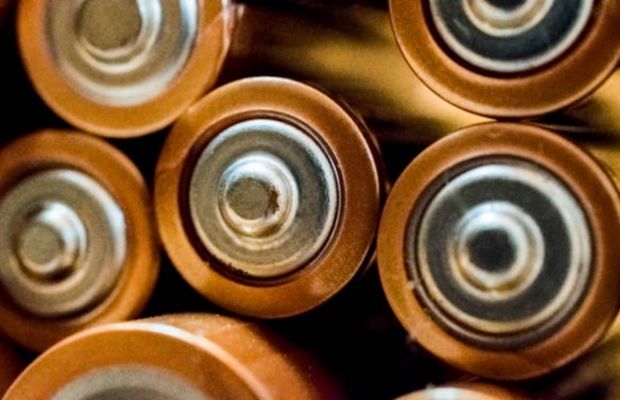SCG Cleanergy, a wholly owned subsidiary of SCG, that provides power solutions from renewable energy in Thailand and the ASEAN region and beyond. It recently developed Southeast Asia’s first heat battery – the world’s first commercial heat battery at a cement plant – and opens the path to simple, low-cost industrial decarbonization.
Rondo Energy, and SCG Cleanergy, a wholly owned subsidiary of Siam Cement Group (SCG), announced that the companies have begun construction of a Rondo Heat Battery (RHB) in Thailand. Rondo Heat Batteries capture intermittent electricity, store energy as high-temperature heat in brick, and deliver continuous industrial heat and power on demand. This installation will convert local solar power into continuous zero-carbon heat and power for SCG’s cement plant in Saraburi Province, Thailand.
“Rondo is building this century’s industrial infrastructure, harnessing the wind and the sun to power the world’s factories,” said Rondo CEO John O’Donnell. “We’re building deep partnerships with industrial giants to tackle their greatest challenges and to deliver at scale. We’ve already established gigascale production capacity with SCG, and we’re thrilled to be working now with SCG Cleanergy to address a major global need: cement decarbonization.”
SCG Cleanergy is an clean energy investor and developer in Southeast Asia, with capacity in operation and in pipeline over 550 MW in Thailand. In 2023, SCG Cleanergy’s parent company SCG announced plans to expand the production capacity of Rondo Heat Battery storage to 90 GWh per year at SCG’s facility.
“We at SCG Cleanergy are deeply focused on implementing advanced green energy technology to provide efficient decarbonization solutions for the industrial sector,” said SCG Cleanergy CEO Attapong Sathitmanothum. “SCG Cleanergy brings together SCG’s delivery capacity and industrial expertise with the drive to serve the world’s fastest-growing energy market: clean industrial energy in Southeast Asia.”
Industrial energy demand in Southeast Asia is growing more than 10% annually, according to the International Trade Association. In 2023, Thailand requested “U.S. carbon-capture, smart grid, and energy storage technologies and solutions to achieve Thailand’s climate ambition” including methods of mitigation emissions from cement production. Clean industrial heat powered by renewables will allow Thailand and the larger Southeast Asia region to decarbonize manufacturing without raising the cost of basic goods.
“Electrification of cement production requires a large-scale and low-cost energy storage solution, as renewables are not available 24/7 but cement production needs to be,” said Rondo’s President Eric Trusiewicz. “Rondo has brought to market the world’s first scalable, low-cost, high temperature thermal energy storage solution, and this project is the first step of getting this technology to wider deployment in cement and in the developing world, where 90% of cement is produced and consumed. Hard-to-decarbonize sectors like cement and steel will need to move away from fossil fuels globally and begin using renewable electricity to get us to net zero by 2050.”
Rondo is the leading provider of zero-carbon industrial heat and power, making deep industrial decarbonization both possible and profitable. Rondo not only helps replace fossil fuels for some of the most challenging sectors to decarbonize, but its technology can also help stabilize the grid by adding a highly flexible electricity demand that can soak up renewable power when it’s abundant. Rondo Heat Batteries are proven at scale to enable low-cost heat and power for customers, all from intermittent renewable electricity.
“Rondo’s solution has broad applicability across various industry segments and customer types, and it is great to see that they are now expanding into new geographies as well,” said Olivia Oo, Head of APAC, Partnerships at Breakthrough Energy. “We believe that this partnership marks not only Rondo’s first installation in Southeast Asia, but will also pave the way for many more opportunities to drive decarbonization in a growing and rapidly expanding region.”
Today, 15% of global CO2 emissions are produced by industrial heat, and repowering industrial heat with clean energy is one of the greatest business opportunities of our time. A recent study by SystemIQ on industrial heat found that heat batteries could reduce global greenhouse gas emissions by 20% while reducing costs and emissions in the electricity system and cutting fossil gas combustion by as much as 40%.

